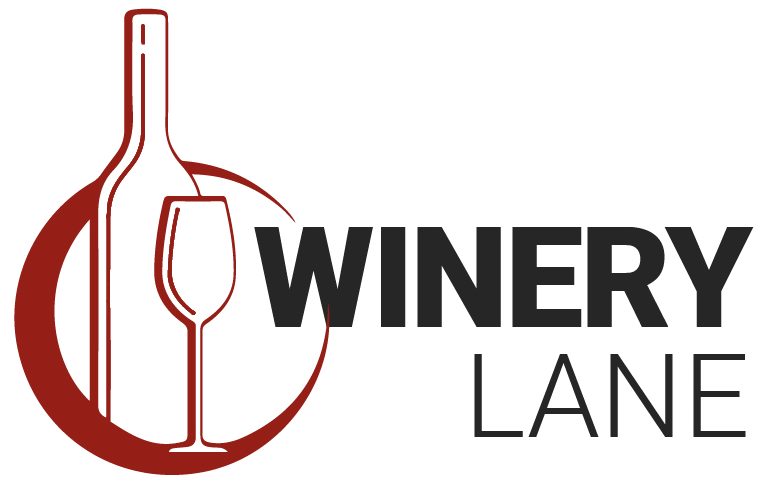Red wine has long been hailed as a symbol of sophistication, indulgence, and even health benefits. For decades, enthusiasts sipped on their favorite Merlots and Cabernets, believing that a glass a day could keep the doctor away. However, recent scientific discoveries and changing perspectives have begun to chip away at the once-gleaming halo surrounding red wine’s purported health benefits. In this article, we delve into the evolution of red wine’s reputation and explore the factors contributing to its fall from grace in the realm of health consciousness.
The Rise of the Red Wine Health Halo: The belief in red wine’s health benefits can be traced back centuries, with various cultures attributing medicinal properties to this fermented beverage. However, it wasn’t until the late 20th century that red wine’s reputation as a health elixir gained widespread recognition. The French Paradox, a term coined in the 1980s, fueled much of this perception. Researchers observed that despite a diet rich in saturated fats, the French population had lower rates of cardiovascular disease compared to their American counterparts. This phenomenon was attributed, in part, to the regular consumption of red wine.
The spotlight then turned to resveratrol, a compound found in red wine, which garnered considerable attention for its potential health benefits. Studies suggested that resveratrol possessed antioxidant and anti-inflammatory properties, leading to speculation that it could protect against heart disease and cancer and even extend lifespan. These findings, coupled with cultural associations and marketing efforts, solidified red wine’s status as a healthful indulgence in the minds of many.
The Erosion of the Health Halo: Despite its longstanding reputation, the health halo surrounding red wine has begun to dim in recent years. A closer examination of the scientific evidence has revealed limitations and complexities that challenge previous assumptions. While early studies highlighted the potential benefits of resveratrol, subsequent research has painted a more nuanced picture.
One of the critical factors contributing to red wine’s fall from grace is the dose-response relationship. Many studies investigating resveratrol’s health effects have utilized concentrations far beyond what is achievable through moderate wine consumption. In reality, the amount of resveratrol in a typical glass of red wine is relatively low, leading experts to question its physiological relevance. Additionally, the body’s ability to absorb and utilize resveratrol effectively remains a subject of debate.
Furthermore, the context in which red wine is consumed plays a significant role. The French Paradox, often cited as evidence of red wine’s health benefits, overlooks other dietary and lifestyle factors prevalent in French culture. The Mediterranean diet, characterized by abundant fruits, vegetables, olive oil, and fish, likely contributes more to cardiovascular health than red wine alone. In isolation, red wine consumption may offer limited protection against disease.
The Dark Side of Alcohol: Beyond the debate surrounding specific compounds like resveratrol, the broader health implications of alcohol consumption cannot be ignored. While moderate alcohol intake has been associated with certain health benefits, including a reduced risk of heart disease, the risks may outweigh the rewards for many individuals. Alcohol consumption is a well-established risk factor for various cancers, liver disease, and mental health disorders. The line between moderate and excessive drinking is often blurred, making it challenging for individuals to gauge their consumption accurately.
Moreover, the notion of “moderate” alcohol consumption varies widely across cultures and individuals. What constitutes a healthy amount for one person may be excessive for another, further complicating the issue. In societies where alcoholism and binge drinking are prevalent, promoting the health benefits of red wine may inadvertently normalize harmful drinking behaviors.
Changing Perspectives and Public Awareness: As scientific understanding evolves and public awareness grows, attitudes toward red wine and alcohol consumption, in general, are shifting. Health organizations and policymakers are increasingly emphasizing the importance of moderation and highlighting the risks associated with alcohol consumption. In 2018, a global study published in The Lancet concluded that there is no safe level of alcohol consumption and that any health benefits must be weighed against the risks.
Simultaneously, the wellness movement, characterized by a focus on holistic health and mindful living, has prompted individuals to reevaluate their relationship with alcohol. Many are seeking alternatives to traditional indulgences like red wine, opting for alcohol-free options or reducing their overall intake. As mindfulness practices gain popularity, the notion of using alcohol as a coping mechanism or status symbol is being challenged.
The narrative surrounding red wine’s health benefits has undergone a significant transformation in recent years. Once revered as a tonic for heart health and longevity, red wine now finds itself scrutinized amid growing concerns about alcohol’s broader health implications. While compounds like resveratrol may still hold promise for therapeutic applications, their efficacy and practical relevance remain subjects of debate.
As we navigate the complexities of modern health consciousness, moderation and context emerge as guiding principles. Enjoying a glass of red wine occasionally as part of a balanced lifestyle may still be a pleasurable indulgence for many. However, it’s essential to approach alcohol consumption with awareness and caution, recognizing that its effects extend beyond the glass. Ultimately, the pursuit of health and well-being requires a holistic approach that considers the full spectrum of lifestyle choices and their impact on our bodies and minds.




